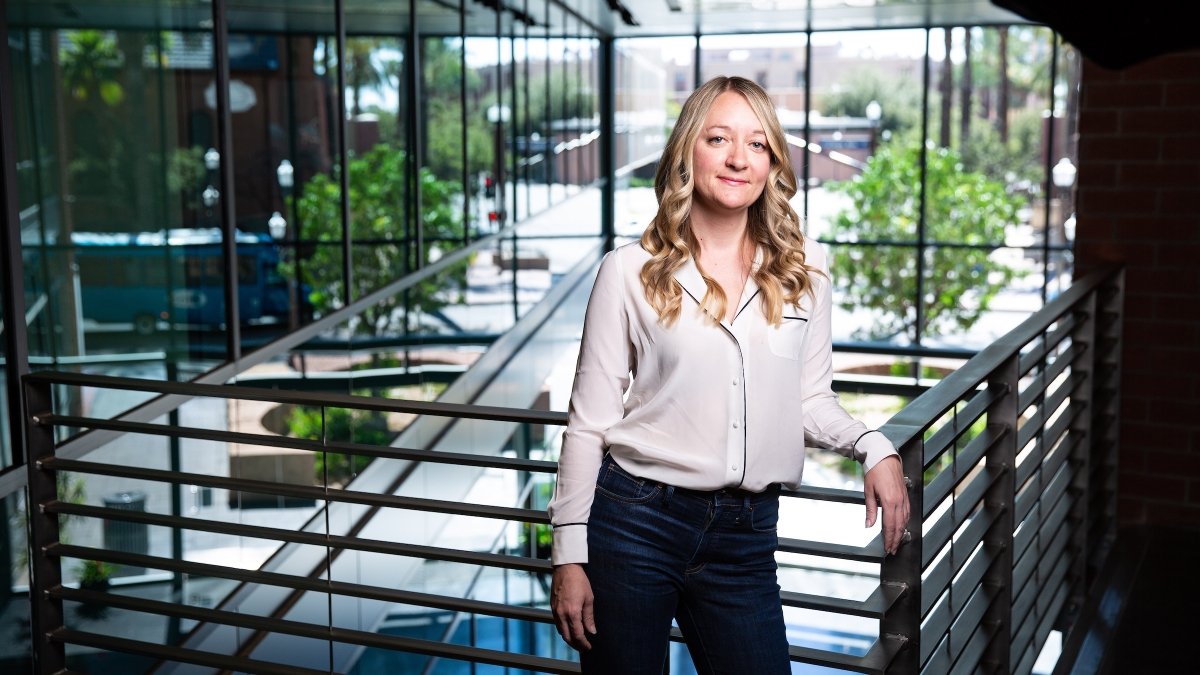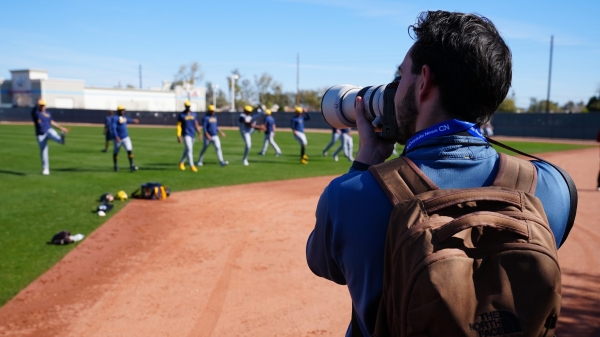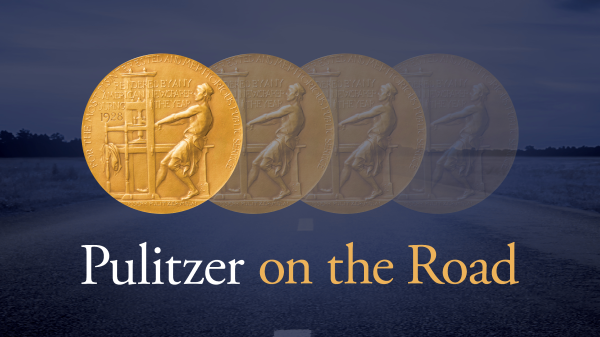Justice not blind to gender bias
Forceful closing arguments detract from female lawyers’ hirability, ASU study shows

In a quiet courtroom, an attorney steps up to a lectern to deliver a closing argument. The defendant in the case is charged with murder, accused of having stabbed a woman to death in front of her infant child.
“He beat her in the face,” the attorney says, pounding a fist on the lectern, voice rising. After killing the victim, the defendant “ran from the apartment and left behind 1-year-old Kendall, alone with his mother’s body,” the attorney went on.
The case and closing argument were real. The attorney was acting. In total, six attorneys with trial experience — three men and three women — performed identical re-enactments of the closing argument for a psychology study at Arizona State University. The study shows gender bias skews the way people perceive an attorney’s effectiveness in the courtroom when expressing anger.
According to the study results, published June 25 in the journal Law and Human Behavior, male and female test viewers found the angry male attorneys to be commanding, powerful, competent and hirable. They found angry female attorneys to be shrill, hysterical, grating and ineffective.
“A good attorney is expected to show traditionally male characteristics in court — anger, aggression, power. But what’s happening is that men benefit from this, while we are penalizing women for showing these same characteristics,” said Jessica Salerno, an ASU psychology assistant professor and lead researcher on the study. “We watch so many courtroom dramas where lawyers are expressing emotion, and there are fireworks in the courtroom. People expect attorneys to express themselves this way. This expectation sets men up well for success, but for women it backfires.”
Video by Deanna Dent/ASU Now
Past studies have established that showing emotion in various situations hurts women while at the same time benefits men. However, these past studies are set in situations where emotion is unexpected, such as a business meeting.
Salerno and her team — which included Hannah J. Phalen, ASU doctoral candidate; Rosa Reyes, ASU graduate student; and Nicholas J. Schweitzer, an associate professor in ASU’s School of Behavioral and Social Sciences — wanted to arrange a situation where emotion was expected.
In this instance, that situation was an attorney delivering a closing argument in a gruesome murder case. The research team gathered nearly 700 participants to watch videos of the actors delivering the closing argument. Participants shared their impressions of the attorneys and whether they would hire them.
“We asked the participants how angry they thought the actors were,” Salerno said. “Participants felt the men and women were similarly angry. But unfortunately, we did replicate the results found in other studies. The angry men were found to be more effective, and viewers wanted to hire them. This backfired for women. People thought the angry women were less effective, and they wanted to hire them less.”
Additionally, women and men felt the same way, which Salerno said shows that this bias is operating at an implicit level.
“We all grow up in the same culture,” she said. “We are exposed to the same gender stereotypes. In the long term, this means that female attorneys may not be able to demonstrate the conviction and power people expect from men. This has unfortunate long-term implications for their careers and effectiveness with juries.”
Top photo: Jessica Salerno, assistant professor in the School of Social and Behavioral Sciences in ASU's New College of Interdisciplinary Arts and Sciences, says that expectations of lawyer behavior in a courtroom can backfire for women. Photo by Deanna Dent/ASU Now
More Law, journalism and politics

ASU's Cronkite News Phoenix Sports Bureau students gain valuable experience covering major events
Sports journalism students at Arizona State University’s Walter Cronkite School of Journalism and Mass Communication are receiving opportunities that many professional sports reporters envy.…

New podcast is a prize for journalism enthusiasts
Pulitzer Prize-winning writers and judges are receiving a new platform to showcase their work and spark a dialogue about the inner workings of the prestigious award, thanks to a partnership between…

9 ASU students, alumni among finalists for Presidential Management Fellows program
Through the Presidential Management Fellows program, a leadership development program for advanced degree holders across all academic disciplines, nine Arizona State University students and alumni…